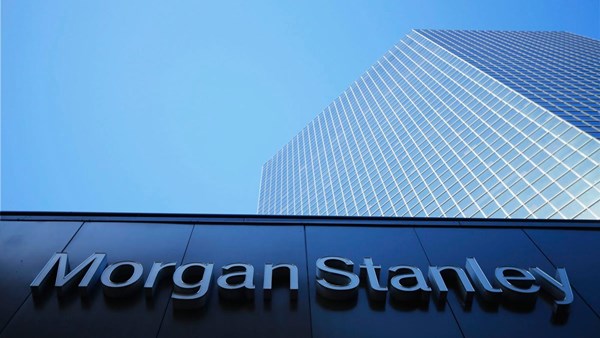Morgan Stanley leaving Russia
Large transnational business continues to curtail its presence in Russia.
Morgan Stanley - one of the largest U.S. financial institutions with assets of $900 billion - will become the first U.S. bank to completely eliminate full representation in Russia.
According to RIA Novosti, the group filed a request with the Central Bank of Russia to revoke the license to carry out banking operations and decided to voluntarily liquidate its banking operations in Russia.
Earlier, on April 30, the Russian Central Bank revoked Morgan Stanley’s registration license to carry out brokerage, dealer and depositary activities.
Morgan Stanley is winding down its operations amid a squeeze in the Russian market and sanctions, which have seen a wave of layoffs and business cuts sweeping the Moscow offices of Deutsche Bank, Barclays, Royal Bank of Scotland and Credit Suisse Group over the past three years.
Danske Bank, which was accused of laundering more than 200 billion euros, has completely left Russia, and Nordea Bank, the largest in Northern Europe, has decided to stop lending to Russian clients.
At the beginning of 2020, the number of foreign banks in Russia fell to the lowest in 14 years: there were 75 out of 119 banking organizations with a share of foreign capital above 50%, operating in the Russian market before the annexation of Crimea. In another 62 banks foreigners own less than half of the capital - the lowest since the 1990s.
The total number of banks with foreign shareholders has fallen to the lowest level since 2005 - 137.
Morgan Stanley began preparing for the departure in 2018, when the assets of its Russian division decreased by 68%, to 9.7 billion rubles (with a capital of 6 billion).
At the end of 2018, sources close to the bank told Bloomberg about the impending closure of the stock and currency trading departments in Moscow. Some of the employees were planned to be transferred to London.
Morgan Stanley opened a representative office in Russia in 1994 and, having maintained its presence after the crisis, participated in a number of major transactions in the debt and equity markets.
